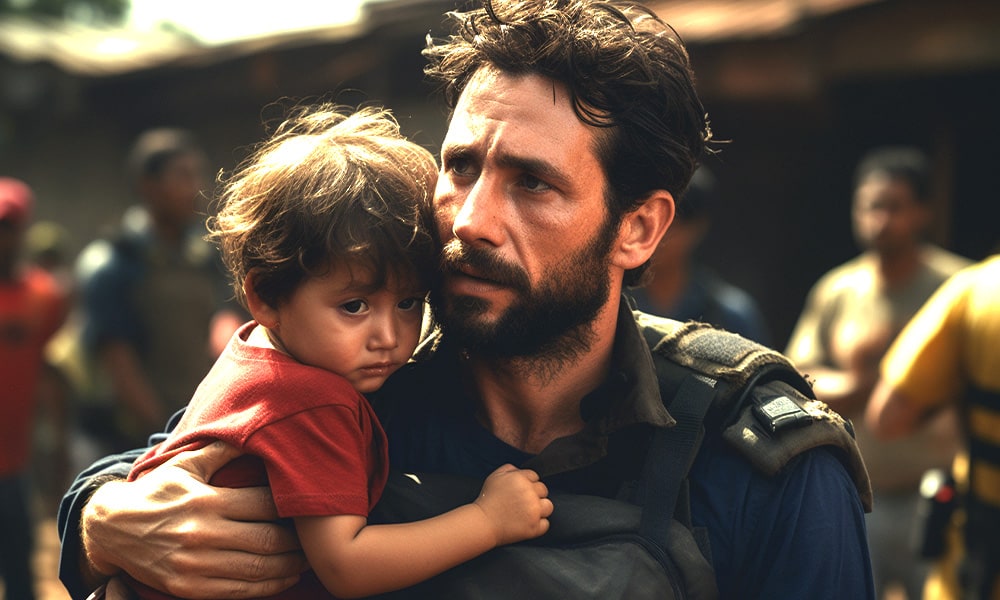The recent announcement by the United States that it will provide nearly $485 million in humanitarian assistance for migrants and refugees in Latin America and the Caribbean was welcomed by the Costa Rican government, but officials say more financial support is still needed.
U.S. Secretary of State Antony Blinken revealed the aid package this week, stating that the funds will go towards “refugee, migrant and other vulnerable populations” in the region, including those displaced by the crisis in Venezuela. Over $310 million will be channeled through the State Department and $174 million through USAID.
The aid announcement came on the heels of the first Summit of Leaders of the Partnership for Economic Prosperity in the Americas (APEP) hosted by U.S. President Joe Biden last week. Migration was one of the key issues discussed at the summit.
Costa Rican President Rodrigo Chaves attended the APEP summit and later gave a speech at the Organization of American States (OAS), where he acknowledged the newly announced U.S. aid. However, President Chaves stressed that more collaboration and resources are needed from receiving countries to support nations like Costa Rica that are providing direct humanitarian assistance to migrants.
“It is time…for the receiving countries to provide us with collaboration and resources directly,” said President Chaves, referring to the U.S. and other destination countries for migrants fleeing hardship in Central America and elsewhere.
Costa Rica has long been a transit country for migrants seeking to reach the U.S. and Canada. But in recent years, the country has also become a destination for migrants as its economy and political stability have attracted families looking for work and safety.
The increasing number of migrants and asylum seekers has put substantial strain on Costa Rica’s social services and infrastructure. The COVID-19 pandemic only exacerbated the situation.
The U.S. aid package is a welcome infusion of support that will bolster efforts by Costa Rica and humanitarian organizations to provide food, shelter, healthcare and education to migrant populations. However, immigration experts say the $485 million is not nearly enough to address the scale of the displacement crisis affecting the region.
“We appreciate the U.S. assistance, but much more is needed if we want to humanely manage migration flows and ensure migrants’ human rights are respected,” said Juan Carlos Mendoza, Director of the Institute for Migration Studies in Costa Rica.
The need for more robust engagement on migration was likely on President Biden’s mind as well. The U.S. leader has struggled to get a handle on immigration issues, with migrant interdictions at the U.S.-Mexico border reaching record highs this year.
White House officials are anxious about migration developments affecting Biden’s reelection prospects in 2024. Providing aid to countries like Costa Rica is one way to show action, but whether these efforts will effectively curb regional migration trends remains uncertain.






